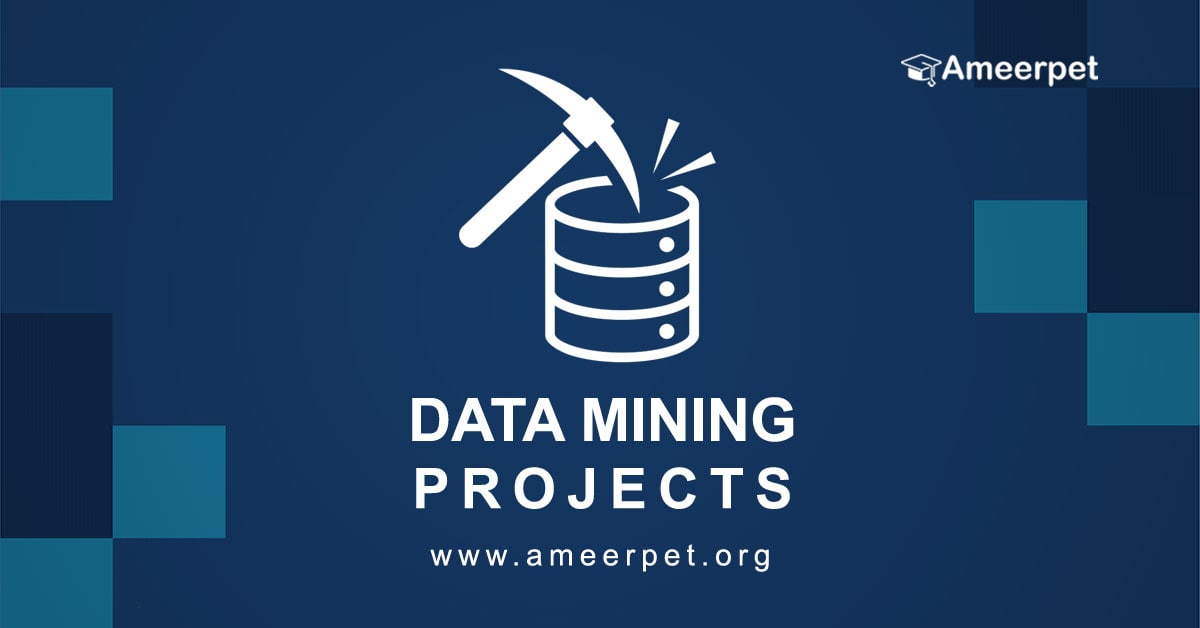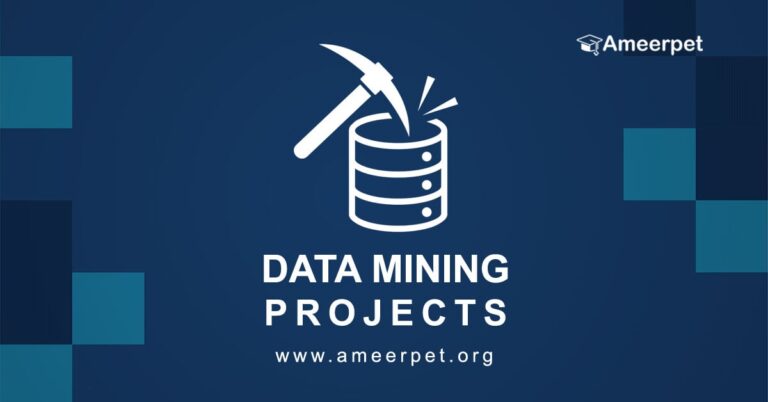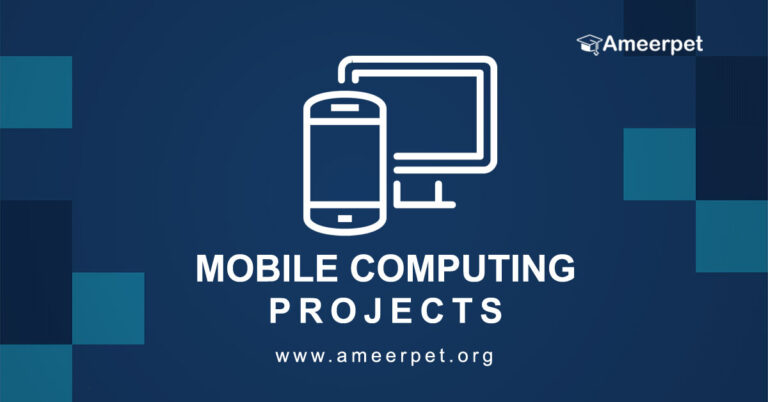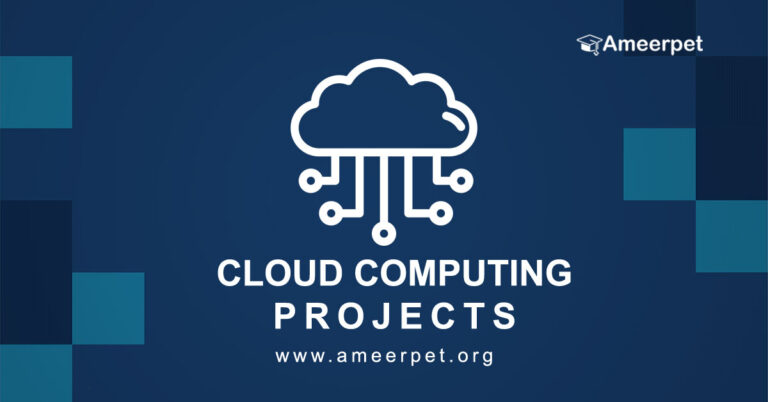
Abstract:
Heterogeneous networks are used as a more powerful, realistic, and generic superclass of homogeneous networks (graphs) because real-world objects and interactions are multi-modal and multi-typed. Representation learning (embedding) has been extensively studied for network mining and analysis.
This work provides a unified framework to summarize and evaluate heterogeneous network embedding (HNE) research beyond a survey. The first contribution of this article is a generic paradigm for categorization and analysis of existing HNE algorithms. Existing HNE algorithms, though generic, are often tested on different datasets.
Due to the application favor of HNE, indirect comparisons hinder the proper attribution of improved task performance to effective data preprocessing and novel technical design, especially considering the many ways to construct a heterogeneous network from real-world application data.
As the second contribution, we create four benchmark datasets from different sources with different scale, structure, attribute/label availability, and so on to evaluate HNE algorithms. Third, we carefully refactor and amend the implementations and create friendly interfaces for 13 popular HNE algorithms and compare them across multiple tasks and experimental settings.
We aim to provide a universal reference and guideline for HNE algorithm understanding and development by unifying all HNE algorithms. We hope to provide the community with a ready-to-use benchmark platform to test and compare HNE algorithms by open-sourcing all data and code.
Note: Please discuss with our team before submitting this abstract to the college. This Abstract or Synopsis varies based on student project requirements.
Did you like this final year project?
To download this project Code with thesis report and project training... Click Here


